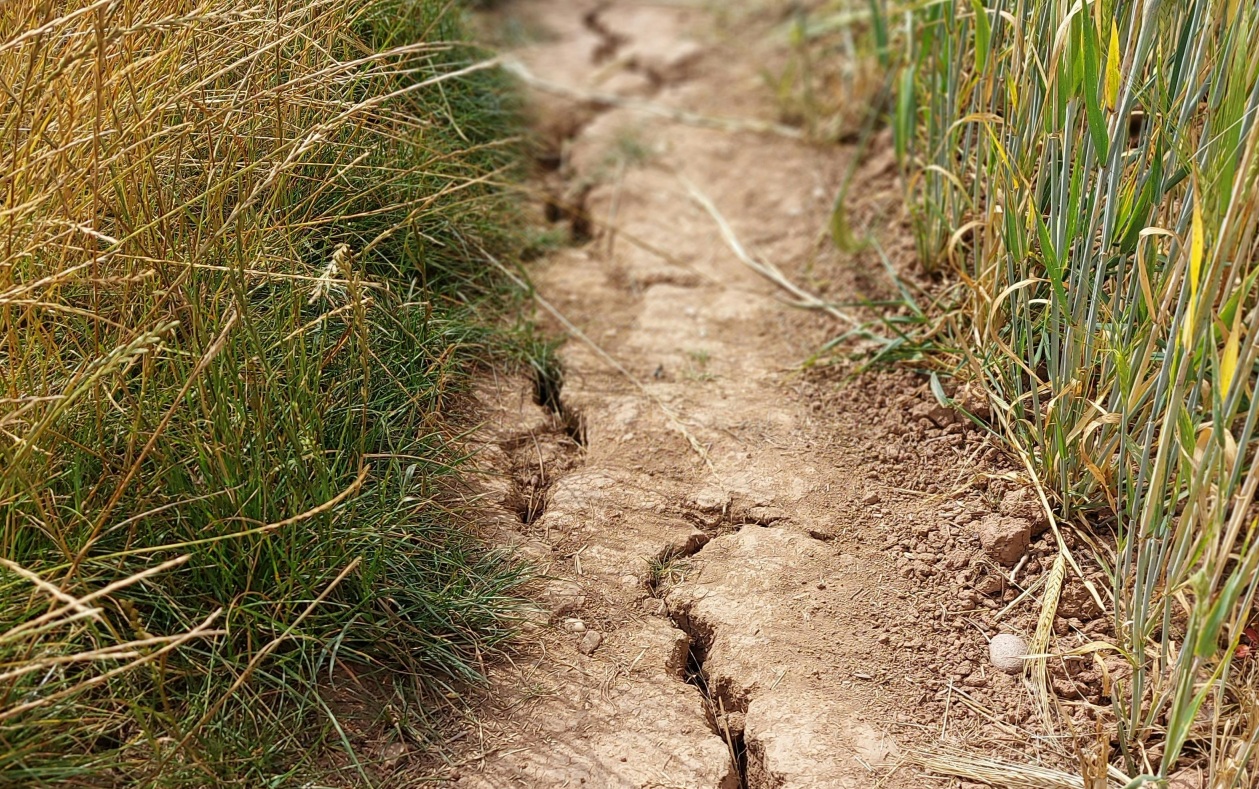UK farming on the brink: Drought drives urgent innovation from scientists

Scientists are racing to develop the innovations that could save British farming from disaster as the UK faces its harshest drought in nearly 70 years.
As the UK sees its driest spring since 1956, researchers at the James Hutton Institute have highlighted their vital role in helping agriculture cope and to prepare for future challenges.
This year's spring has brought historically low rainfall, leaving farmlands across the country parched and rivers shrinking.
Key crops such as wheat, barley, and potatoes are already showing signs of stress, with yields expected to fall sharply due to dry soils and soaring temperatures.
Livestock farmers are also struggling, with poor grass growth forcing greater reliance on costly feed and tightening already slim margins.
Professor Tim George, director of James Hutton’s International Barley Hub (IBH), said the next few weeks would be crucial.
He added: “Without significant rainfall, the UK could formally enter a state of drought, triggering further restrictions.
"Looking further ahead, climate models suggest this won’t be a one-off. Droughts like this are likely to become more frequent, longer and more intense."
The James Hutton Institute, based in Aberdeen, is currently prioritising improving drought tolerance in crops through numerous approaches.
Cutting-edge techniques such as marker-assisted selection, genomic selection, gene editing, and precision breeding are used to identify and tweak genes that control drought response.
Meanwhile, drones and sensors provide real-time monitoring to accelerate development of climate-resilient crops in field conditions.
However, the drought’s impact goes beyond farming: river flows in some areas have dropped to their lowest levels since records began in 1958, threatening freshwater wildlife and habitats.
Eastern Scotland faces record-low groundwater levels, forcing emergency measures like water transport to remote communities.
When rain finally arrives, scientists fear that the degraded soils risk causing flooding through rapid runoff.
And wildfires, once rare in the UK, have surged in frequency and severity this year, burning more land than any previous full year on record.
Dr Tracy Valentine, research leader at James Hutton, said: “Climate resilience isn’t just about reacting to crises, it’s about anticipating them, adapting to them, and innovating beyond them.
"Whether it’s through smarter farming, better water management, or cutting-edge genetics, the path forward is clear, and science has a critical part to play in our future sustainability.”








